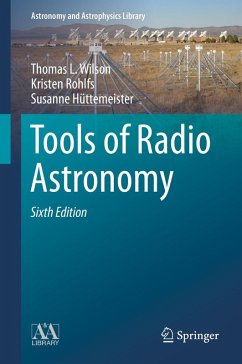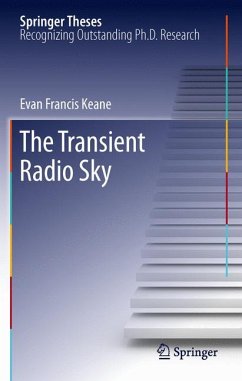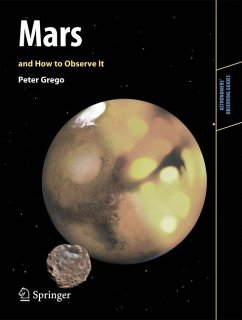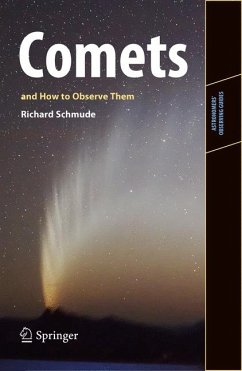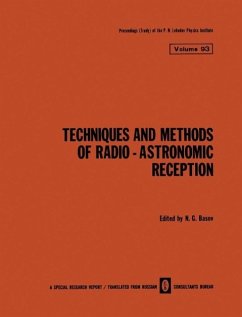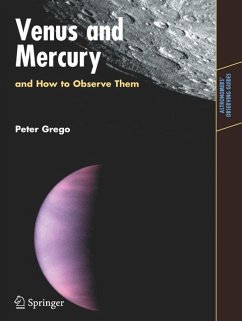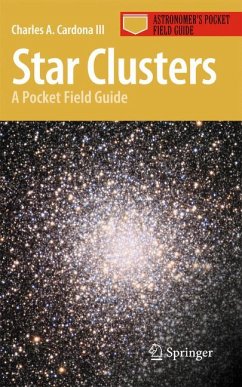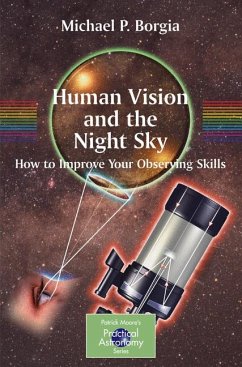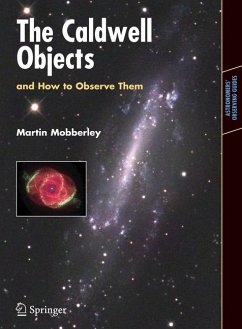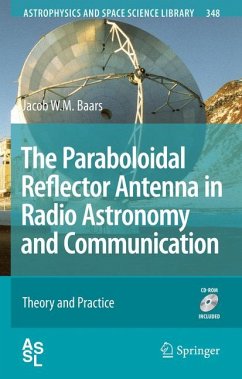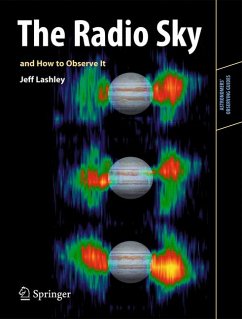
The Radio Sky and How to Observe It (eBook, PDF)
Versandkostenfrei!
Sofort per Download lieferbar
44,95 €
inkl. MwSt.
Weitere Ausgaben:

PAYBACK Punkte
22 °P sammeln!
Radio astronomy is far from being beyond the scope of amateurs astronomers, and this practical, self-contained guide for the newcomer to practical radio astronomey is an ideal introduction. This guide is a must for anyone who wants to join the growing ranks of 21st Century backyard radio astronomers. The first part of the book provides background material and explains (in a non-mathematical way) our present knowledge of the stronger radio sources - those observable by amateurs - including the Sun, Jupiter, Meteors, Galactic and extra-galactic sources. The second part of the book deals not only...
Radio astronomy is far from being beyond the scope of amateurs astronomers, and this practical, self-contained guide for the newcomer to practical radio astronomey is an ideal introduction. This guide is a must for anyone who wants to join the growing ranks of 21st Century backyard radio astronomers. The first part of the book provides background material and explains (in a non-mathematical way) our present knowledge of the stronger radio sources - those observable by amateurs - including the Sun, Jupiter, Meteors, Galactic and extra-galactic sources. The second part of the book deals not only with observing, but - assuming no prior technical knowledge of electronics or radio theory - takes the reader step-by-step through the process of building and using a backyard radio telescope. There are complete, detailed plans and construction information for a number of amateur radio telescopes, the simplest of which can be put together and working - using only simple tools - in a weekend. For other instruments, there are full details of circuit-board layouts, components to use and (vitally important in radio astronomy) how to construct antennae for radio astronomy.
Dieser Download kann aus rechtlichen Gründen nur mit Rechnungsadresse in A, B, BG, CY, CZ, D, DK, EW, E, FIN, F, GR, HR, H, IRL, I, LT, L, LR, M, NL, PL, P, R, S, SLO, SK ausgeliefert werden.




